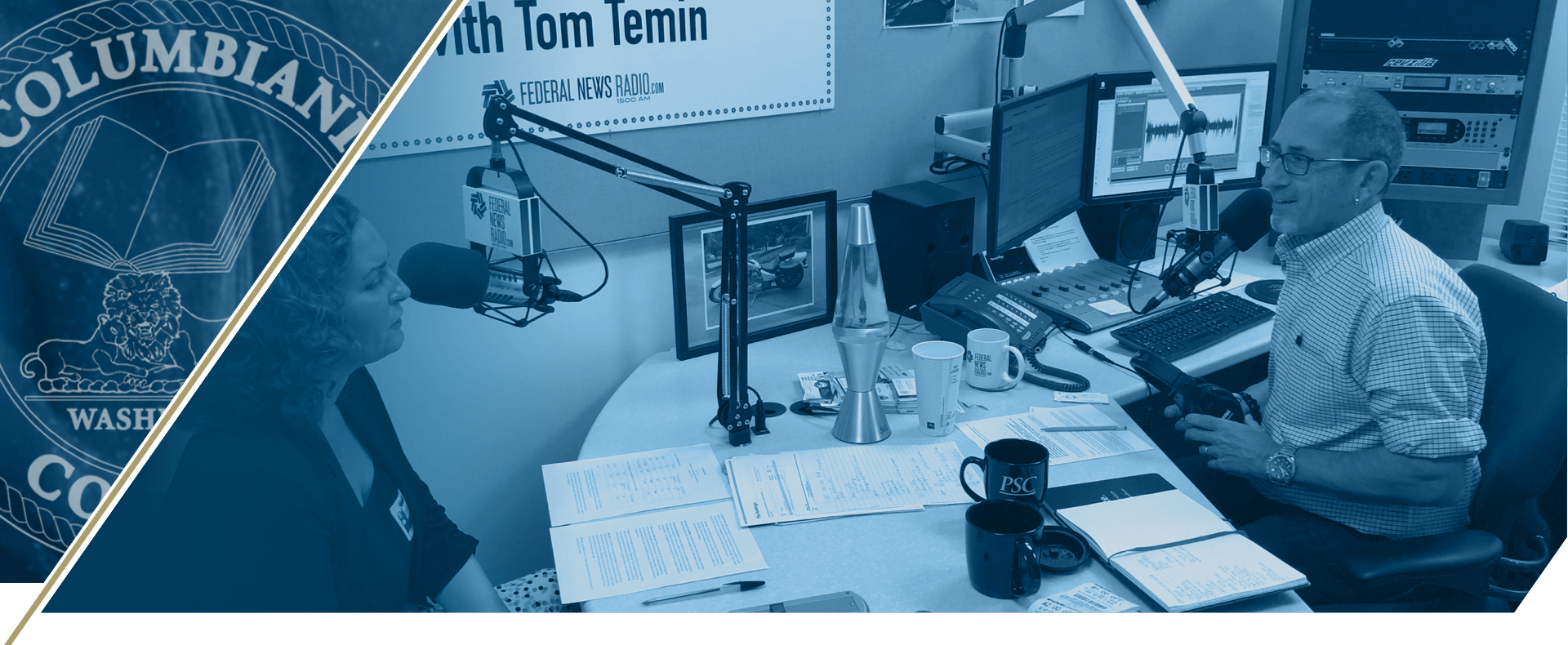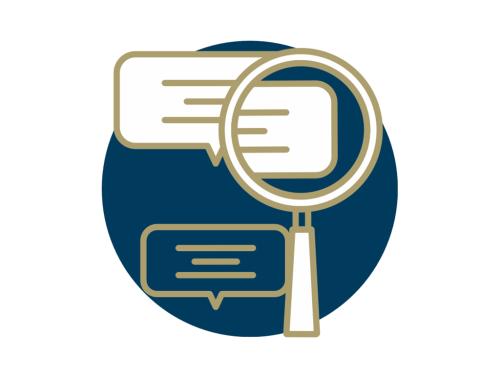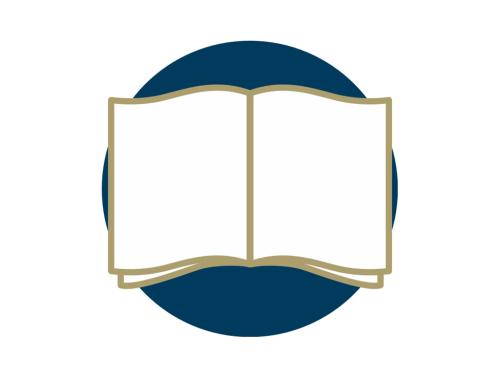FDA Struggles to Pinpoint Impacts of Proposed Rule
In February, the Food and Drug Administration (FDA) released a long-awaited proposed rule creating national standards for companies in the prescription drug supply chain.


The GW Regulatory Studies Center scholars regularly conduct applied research to understand regulatory policy and practice from a public interest perspective. Our content often takes the form of public interest comments, formal testimony, working papers, policy insights, and short commentaries analyzing the most pressing issues in regulatory policy. View the rest of our material by the different types of publications listed on this page or our research areas.

Long-form publications intended for academic audiences that take a deep dive into a particular aspect of regulatory policy.

Scholarly analysis of the potential effects of particular rulemakings from federal agencies, and advice to Congress on how to improve the rulemaking process.

Short-form publications intended for all audiences which provide easy to access analysis of regulatory policy.

Formal publications, often completed with other leading organizations and individuals, providing a thorough understanding of regulations and the rulemaking process.

The weekly Regulation Digest contains everything you need to know about regulatory policy today, and our monthly Center Update gives you all of the latest from our team.
For accessible charts and supporting data that you can use in your own publications or presentations, visit the Reg Stats page.
FDA Struggles to Pinpoint Impacts of Proposed Rule
In February, the Food and Drug Administration (FDA) released a long-awaited proposed rule creating national standards for companies in the prescription drug supply chain.
FDA & Wholesale Drug Distributors
Dylan Desjardins offers ways for the FDA to improve the underlying assumptions, examination of alternatives, and review of unintended consequences for this proposed rule.
Final Report on Contractors in Rulemaking
This report sheds light on the ways that federal agencies use contractors to support the rulemaking process.
In recent years, the Chinese government has increasingly flexed its economic, political, and military muscles around the world. Close to its mainland home has been no exception, as the Chinese government has taken actions to pressure officials in Hong Kong and Taiwan.
Possibilities and Perils of Deepfake Technology
While the potential for deepfake technology to disrupt society has been clear for years, its growing accessibility and high-profile instances of use have increased concerns over their capabilities. In the first of a planned series discussing deepfake regulation, this post summarizes some of the most significant costs and benefits of the technology.
Responding to Mass, Computer-Generated, and Malattributed Comments
A number of technological and political forces have transformed the once staid and insider dominated notice-and-comment process into a forum for large scale, sometimes messy, participation in regulatory decision making.
Memos to the New OIRA Administrator
President Biden’s Modernizing Regulatory Review memorandum signals continuity in some regulatory practices and big shifts in others.
Supervising the Guantanamo Tribunal Supervisor after Arthrex
The Supreme Court held in United States v. Arthrex that administrative patent judges’ decisions must be subject to agency-head review because they were not appointed as principal officers.
Important Changes at the Intersection of Antitrust and Administrative Law
The Federal Trade Commission and the Antitrust Division of the U.S. Department of Justice will soon publish new joint guidelines applicable to mergers that raise horizontal issues in the same market and to mergers that raise vertical issues in the same supply chain.
National Academies Workshop on Methadone Regulations
A recent National Academies workshop on the federal rules governing methadone treatment explored how these rules restrict patient access to life-saving treatment for opioid use disorder. As the overdose epidemic rages on, these regulations need an overhaul. Recent research from the Regulatory Studies Center, with support from the Pew Charitable Trusts, sheds light on promising pathways for reform.
